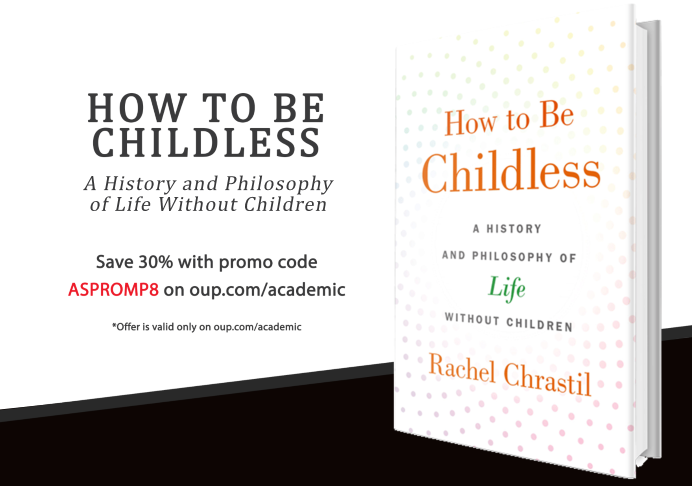Faculty Book Release: How to be Childless
September 11, 2019
Last month, Rachel Chrastil, Associate Dean and Professor of History released a new book entitled How to Be Childless: A History and Philosophy of Life without Children. Her recent article in the Washington Post and conversation with Psychology Today brought light to the results of more than six years of research.
During a conversation on the Think, Act, Be podcast Chrastil explained to listeners, “Childlessness is more common than people sometimes realize.” Approximately 15% of women who reach the age of 45 are childless. Published by Oxford University Press, Chrastil’s book focuses on the history of childlessness in Western culture and challenges many of the common questions asked of those who are childless. Her book argues, “The lives of childless individuals from the past can help all of us expand our range of possibilities for the good life.”
Though only published within the last month, How to Be Childless: A History and Philosophy of Life without Children has already received numerous accolades:
"This masterful book will engage, fascinate, and challenge readers whether they are childful or childless. To understand childlessness, Chrastil takes the reader through a deeper underlying analysis of human flourishing. She uses this concept as the instrument for assessing the choice to have children, examining essential questions, such as what does it mean to live a good life and to be a good citizen?"
-- Michael D. Bess, Chancellor's Professor of History, Vanderbilt University
"How to Be Childless is wonderfully engaging and thoughtful. Chrastil takes on the most talked-about aspects of life without children, as well as the most profound issues, and offers something new and important each time. The book is an intellectual treat."
-- Bella DePaulo, author of Singled Out: How Singles Are Stereotyped, Stigmatized, and Ignored, and Still Live Happily Ever After
Chrastil graciously acknowledges her Xavier colleagues and their efforts in reviewing her book drafts during her six-year writing period. She is also grateful for the support she received from the Department of History and Dean David Mengel.
